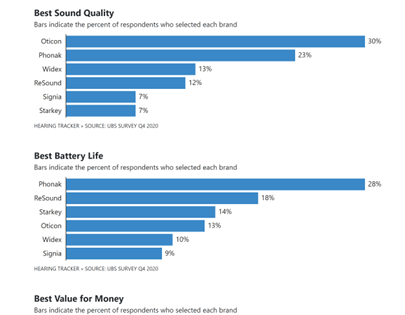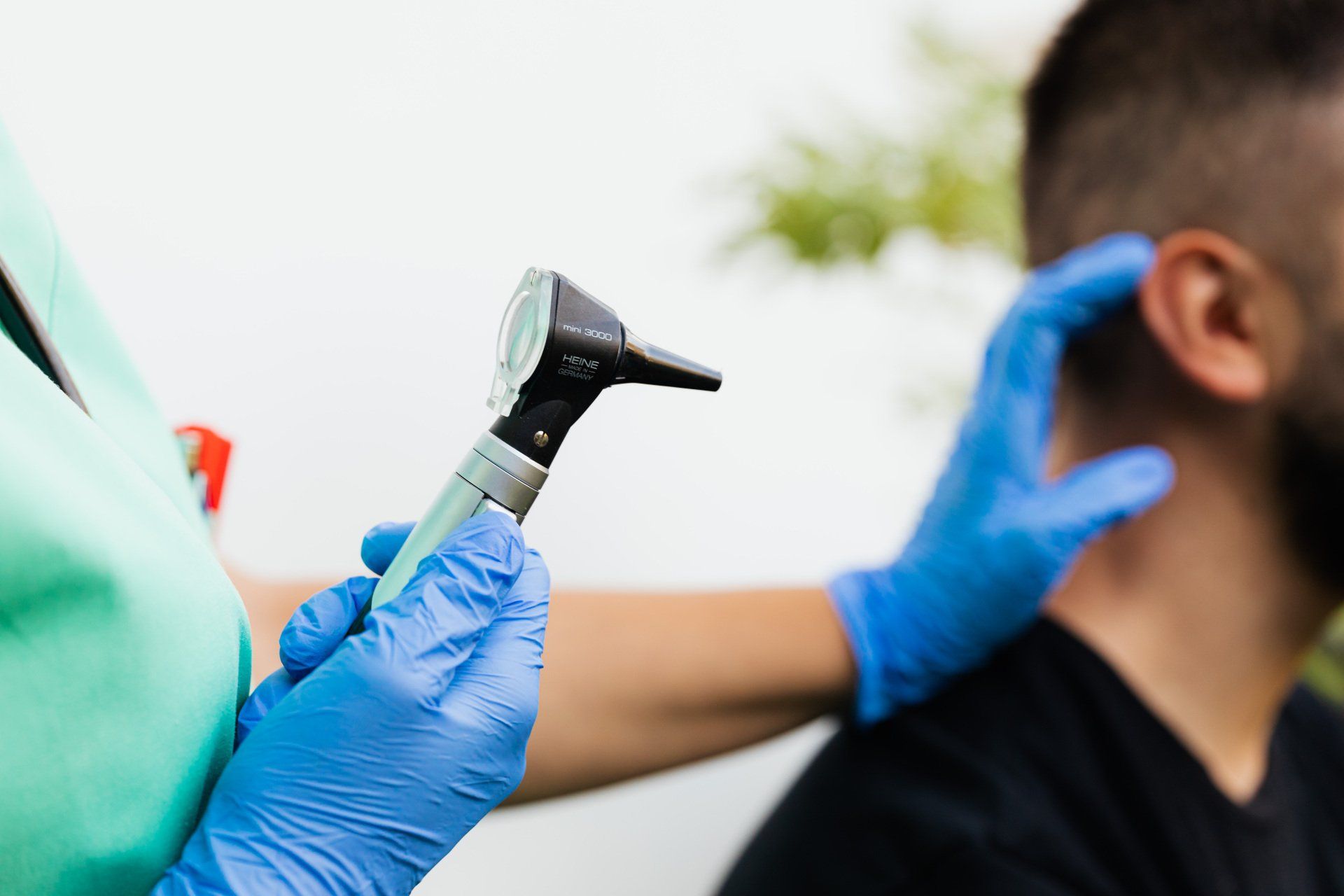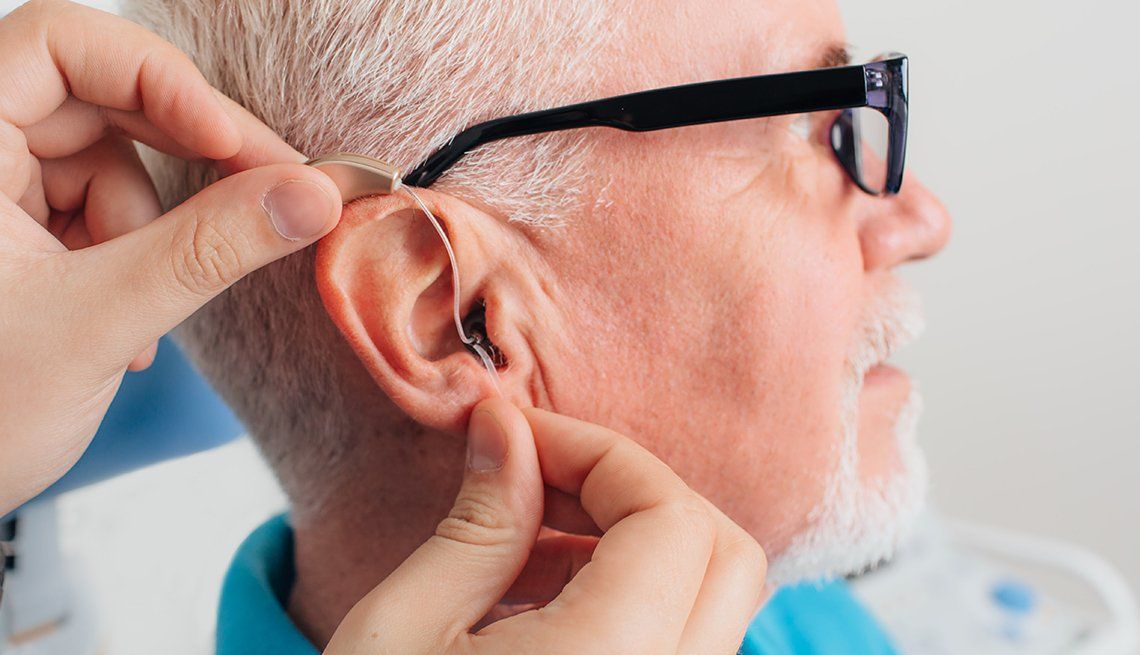By Todd Dean
•
September 12, 2022
Hearing aids are among the best-known treatments for hearing loss because they can be effective for a wide range of hearing challenges. They can improve the quality and balance of sounds that are sent to your brain, making it easier for your brain to “hear.” They can bring in soft sounds from your environment that you may not have heard without the use of hearing aids, and they can keep you engaged in conversations, especially in the presence of background noise. But can hearing aids prevent hearing loss? The ways that hearing aids help your brain to hear can contribute to long-term hearing health. They aren’t expected to prevent hearing loss, but they can stimulate and maintain the neurological pathways related to hearing. Proper selection, fitting and use of hearing aids can not only assist with hearing challenges today, but can contribute to healthier hearing in the future. Benefits of hearing aids The goal of hearing aids is to minimize the impacts of hearing challenges and assist with listening both in quiet and in noisy environments. By making it easier to listen and comprehend, hearing aids have perceivable and unperceivable benefits such as: Reduced cognitive effort to hear and understand sounds Improved relationships and social connections Improved mental health Stimulation of the neurological pathways related to hearing Better spatial awareness and reduced risk of falls These are the benefits of hearing aids that are often the main motivators to consider hearing aids. Managing hearing loss contributes to healthier relationships, mental health, and well-being. Many of these benefits are related to the brain and its role in hearing. This connection between the ears and the brain can also contribute to healthier hearing in the future and potentially the prevention of further hearing loss. To understand how hearing aids can contribute to the prevention of hearing loss, it’s important to consider how hearing aids are designed to operate. How hearing aids help Hearing loss is often the result of damage to the tiny hair cells in the ear. This damage can be caused by loud noises, ageing, disease, and many other factors. Damage to the tiny hair cells reduces the ears ability to detect and capture sounds. When it sends sound signals to the brain for processing, those signals may be weak or incomplete. Hearing aids are designed to improve the strength and clarity of the sounds that you have difficulty hearing. They can increase or decrease the volume of specific pitches (think of an equalizer), which in turn ensures the brain receives more balanced and complete signals. The brain’s job in hearing The brain interprets the sound signals it receives from the ears. Over the years, our brains have learned to recognize familiar sounds, filter out unwanted noises, determine the direction sounds are coming from and even focus on the sounds we want to hear, this is known as “selective attention.” But the brain has no control over the sound signals it receives from the ears. If the signals are weak or incomplete, it takes more cognitive effort to hear. Fortunately, the brain is adaptable. It can fill in gaps or try to interpret weak signals based on sounds that it has heard before. For example, if you move to a new home that is located near a busy road, the traffic noise may be a nuisance. Over time, your brain learns that these sounds are unimportant and tunes them out. You can also learn which sounds are important. Many parents become hypersensitive to the sounds of their newborn child and will recognize those sounds even in an extremely a noisy environment. Hearing aids support the brain Hearing aids improve the quality of the sound signals that are sent to the brain. The higher the quality of the signals, the easier it is for your brain to interpret. Your brain requires less cognitive effort to listen and comprehend. This explains why untreated hearing loss is associated with being more tired at the end of the day and higher rates of depression. Since the brain adapts to the signals it is receiving, higher quality signals can nurture old or new neurological pathways related to hearing. When you first start wearing hearing aids, it sometimes takes time to nurture these new pathways and adjust to new stimulation. Over time, appropriate stimulation contributes to maintaining the neurological pathways that you rely on for hearing. Minimizing future hearing loss Properly selected and fitted hearing aids deliver stronger and more balanced signals to the brain. This promotes stimulation of the brain pathways specific to hearing, which can contribute to healthier hearing in the future. Since hearing loss is commonly the result of various factors, hearing aids will not prevent all hearing challenges in the future. But they can certainly contribute to healthier hearing in the short and long term. Follow these steps to minimize future hearing loss: Understand the state of your hearing today: Book an appointment to get a hearing test to determine if hearing loss is present. Avoid preventable damage: Hearing protection during any loud activities can minimize damage to your ears. Select appropriate hearing aids: If you have hearing challenges and will benefit from hearing aids, work with an audiologist or hearing instrument specialist to select the technology that will deliver appropriate amplification and neurological stimulation. Get professional support: Ongoing professional support will ensure your hearing aids are properly programmed and fitted. The more you know about your hearing health, the better decisions you can make to manage your current hearing challenges and prevent future ones. Our team specializes in custom hearing solutions that consider the short and long-term benefits of hearing aids.



